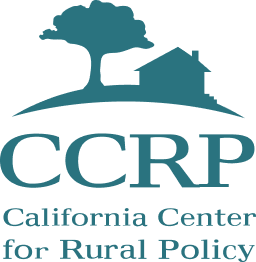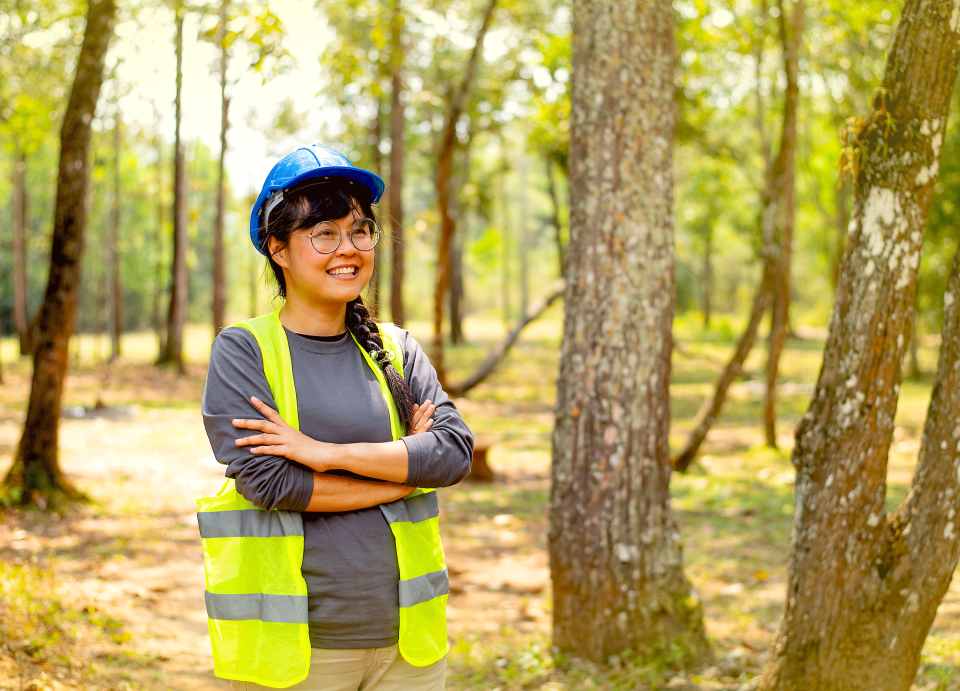Career Pathways: Fire, Forest, Fish & Facilities
The Career Pathways project by the Rural Resilience Partnership unites ten organizations to create sustainable jobs in forestry, fire suppression, and restoration across the Redwood Region. By establishing local training hubs in three counties, it provides accessible, paid certification programs, prioritizing underserved communities including Native and rural residents. The goal is to train 200 individuals and place 50 in living-wage positions by October 2026.
Project Lead: Trees Foundation
Collaborators: Mid Klamath Watershed Council, Mattole Restoration Council, Mattole Salmon Group, Mattole Valley Community Center, Native Health in Native Hands, Northern California Indian Development Council, Northern Mendocino Ecosystem Recovery Alliance, Southern Humboldt Fire & Rescue, Tribal EcoRestoration Alliance.
Collaborative Regional Workforce Development
The Career Pathways project, proposed by the Rural Resilience Partnership (RRP), brings together ten organizations to create sustainable wage opportunities and promote environmental stewardship in the Redwood Region. The initiative focuses on workforce development, climate resilience, and cultural preservation by training workers for natural resource jobs in forestry, fire suppression, watershed restoration, and native plant restoration.
Accessible Training Through Community Hubs
By establishing cultural and training hubs across Lake, Mendocino, and Humboldt Counties, the project provides paid, accessible training close to home, minimizing barriers like travel and the need to sacrifice stable wages for training.
Comprehensive Certification and Job Placement
By October 2026, Career Pathways aims to launch a comprehensive workforce certification program with standardized curricula, clear career pathways, and employer partnerships for recruitment and job placement. The goal is to train 200 individuals and place 50 in living-wage jobs, focusing on underserved Native and remote rural communities.
Prioritizing Equity and Sustainability
The project prioritizes underserved communities, including youth, rural residents, low-income households, and Tribal citizens. Facility development integrates sustainable materials and designs, while distributed training centers reduce commuting emissions and costs. The initiative honors Native communities and fosters ecosystem restoration using fire for cultural and ecological health.

